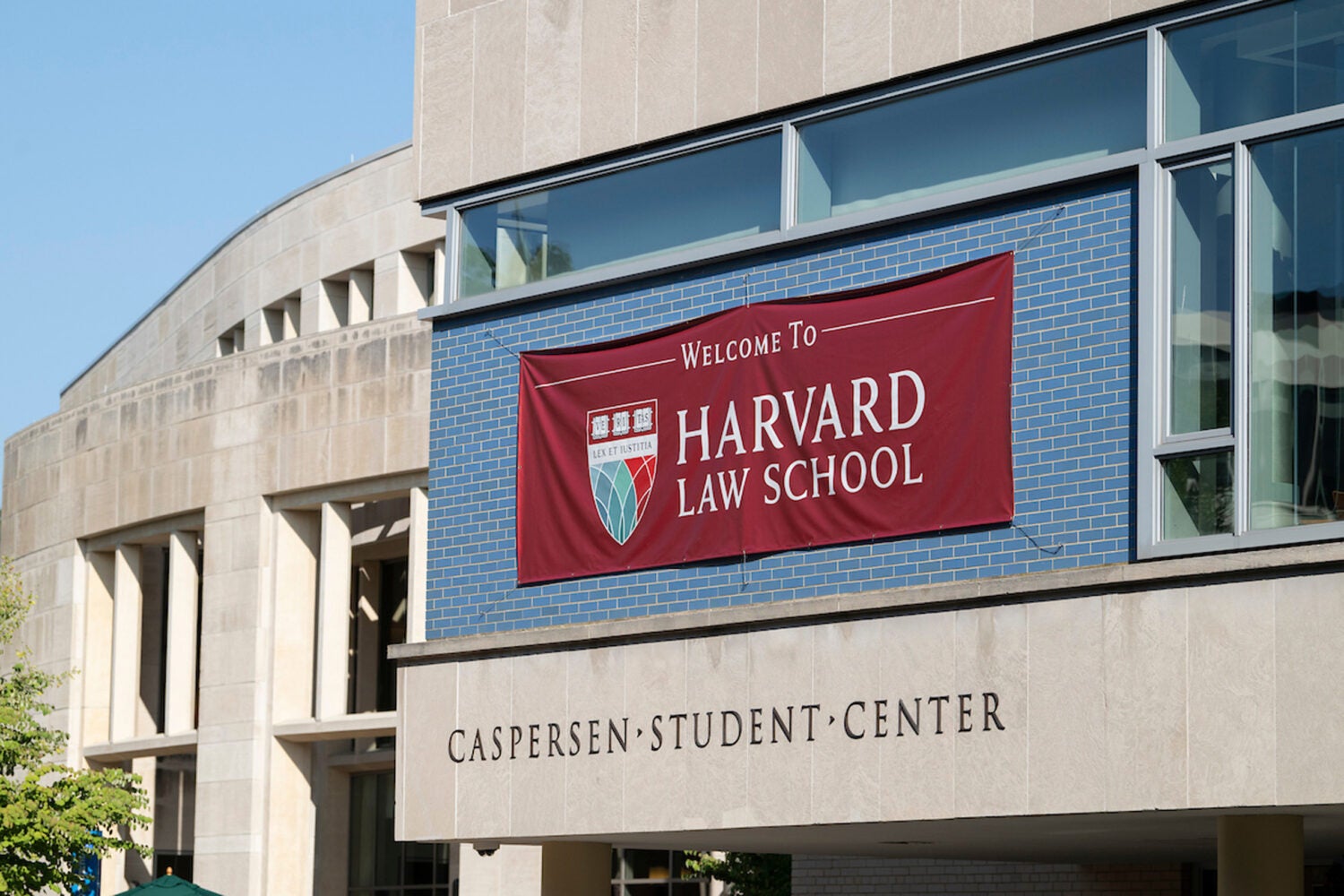A career in law can be full of surprises, and surprising opportunities, according to five Harvard Law School alumni who addressed incoming students during orientation last week.
During a series of fireside chats organized by the Dean of Students Office, five accomplished graduates representing an array of career paths and legal fields — from public interest to Big Law and from equal protection in education to intellectual property law — shared words of wisdom for law students and budding lawyers.
The goal, says Stephen Ball ’10, dean of students, was to offer Harvard Law students an opportunity to get to know a few of the school’s talented alumni, and to ask questions that could help them chart their own path through academia and future careers.
“We hoped students would feel inspired and grounded by hearing from someone farther along in the life cycle of membership in the Harvard Law community,” says Ball.
The discussions, he says, gave some students a chance to learn about an area of the law that already interested them, while others heard about career paths they had not previously considered. Ball also thanked the Harvard Law School Alumni Association, which supported the event.
Harvard Law Today spoke to four of the alumni who participated in the event about how they navigated their law school experience, what they find most gratifying about their chosen career, and what advice they would share with students today.
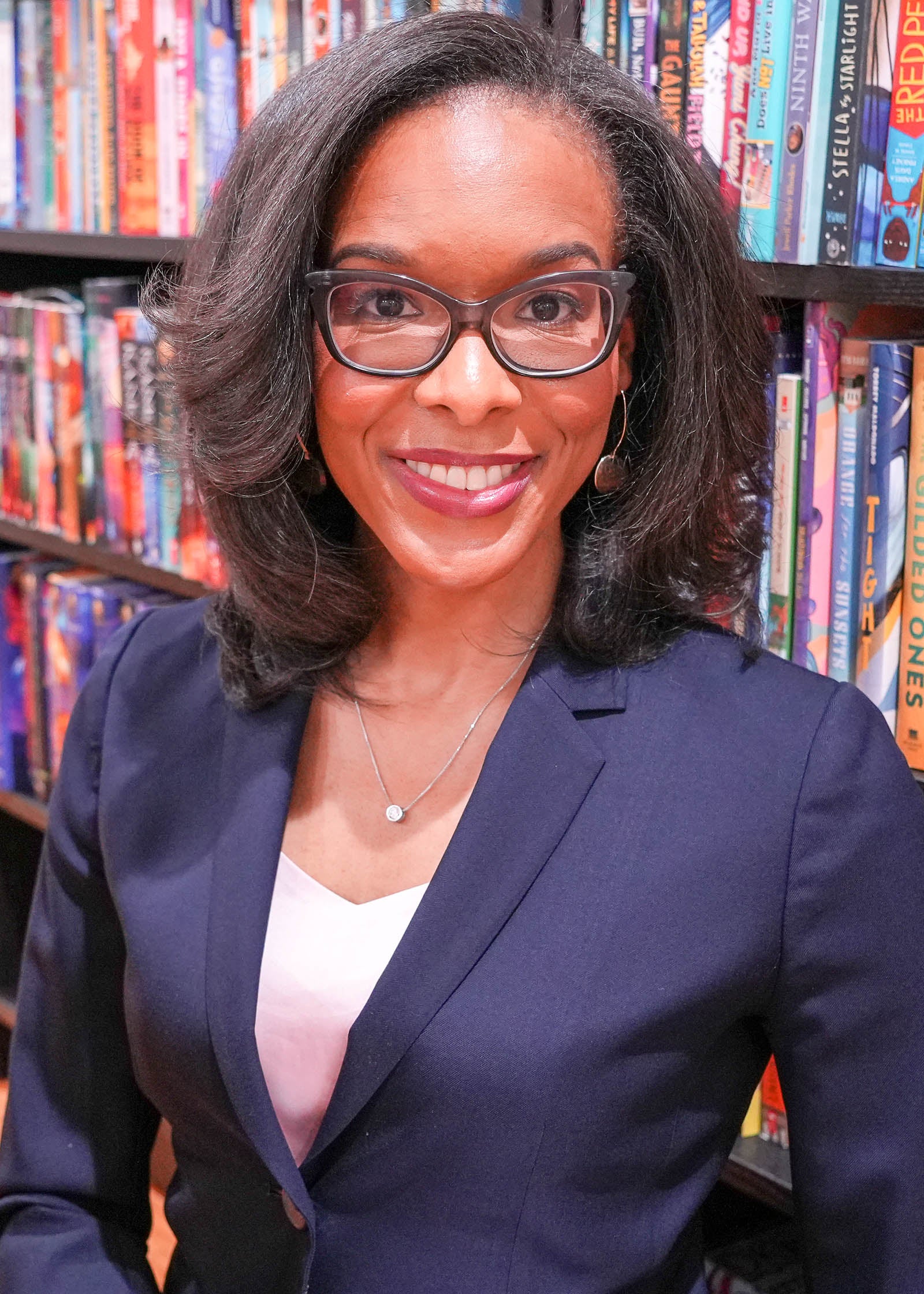
Michaele Turnage Young ’06
Senior counsel and co-manager of the Equal Protection Initiative at the NAACP Legal Defense and Educational Fund, where she litigates cases advancing equal educational opportunity:
“Take advantage of the Harvard Law alumni network. It can be such a source of support, if you know how to leverage it properly. Become a member of the Harvard Law School Association — there are so many chapters all over the world. Use Amicus. Make sure that you’re looking up alumni who are in the places that you’re hoping to be. Do informational interviews with them. Whether at Harvard or elsewhere, I never say no to these types of requests. I always make the time. … I have done these things myself every step of my career, and it has been extremely helpful. When you are open and friendly, people want to help you and will make you aware of opportunities. … People have wonderful recommendations if you’re brave enough to ask.”
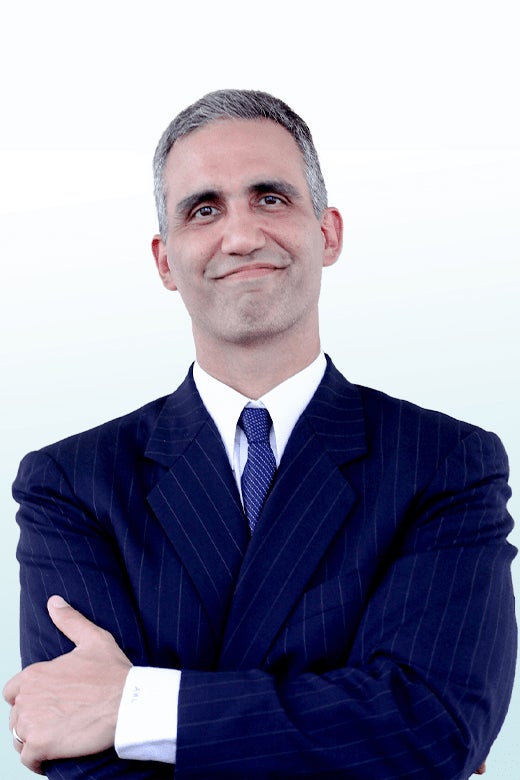
Andrés W. López ’95
Owns his own firm in Puerto Rico, and has more than 25 years’ experience in complex civil litigation:
“I am surprised at how many different and exciting things one can do with an HLS degree. To be sure, there are folks who have stayed on the path of Big Law. Others have become judges, senators, governors, and hold similar positions of public trust. Then there’s the guy who works for the Boston Red Sox, and who has held the World Series championship trophy in his hands. How cool is that? And you do not have to stay in the law to do amazing things. Perhaps the best story of them all is a classmate who decided, after his first day in his first summer job, that the law wasn’t for him. He instead decided to become a high school math teacher and soccer coach. His soccer team won the state championship — twice. And he is a beloved figure in his community. I can think of few better ways to make a difference.”
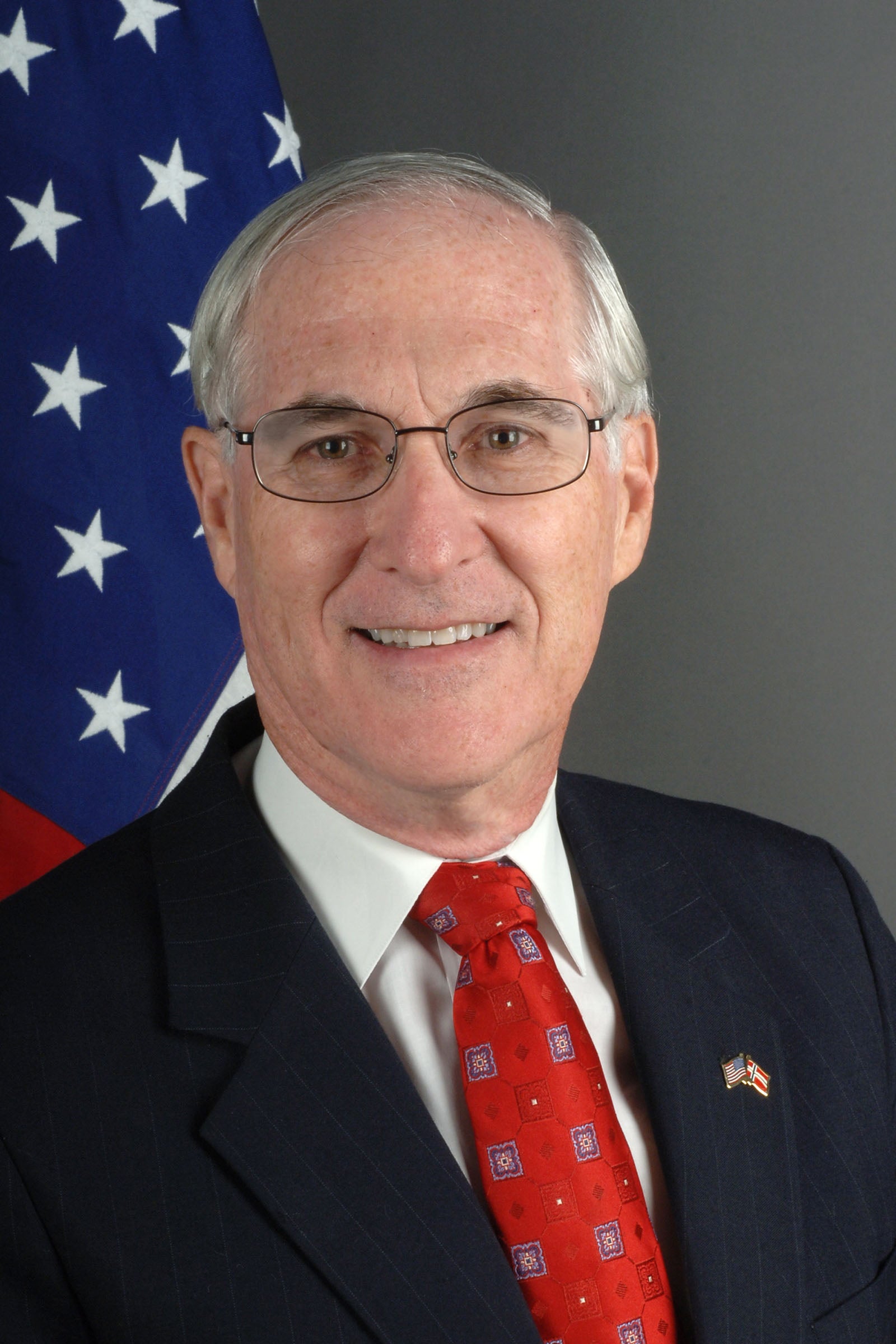
Barry B. White ’67
Spent four decades practicing law at Foley Hoag, LLP, where he also served as chairman and managing partner (CEO) for 15 years before being appointed U.S. ambassador to Norway from 2009-2013:
“When I was managing partner of the firm, we had a law firm consultant come to speak to the lawyers about how to think about marketing. He pulled out a $20 bill and said, ‘I’ll give this money to the first person who tells me what business you’re in.’ The first person raised a hand, ‘We litigate for clients in all kinds of security fraud cases.’ Somebody else said, ‘No, I litigate in connection with criminal justice.’ Somebody else said, ‘I do mergers and acquisitions.’ He takes the $20 bill, puts it in his pocket, and said, ‘You’re all wrong. You’re in the relationship business.’ And he was absolutely right. Of course, it’s wonderful to study hard and do well in your classes, but you should also think about your relationships with your professors and classmates. And when you get out and practice, think about your relationships with the people you’re working with, and your clients and the outside world. It’s really very important.”
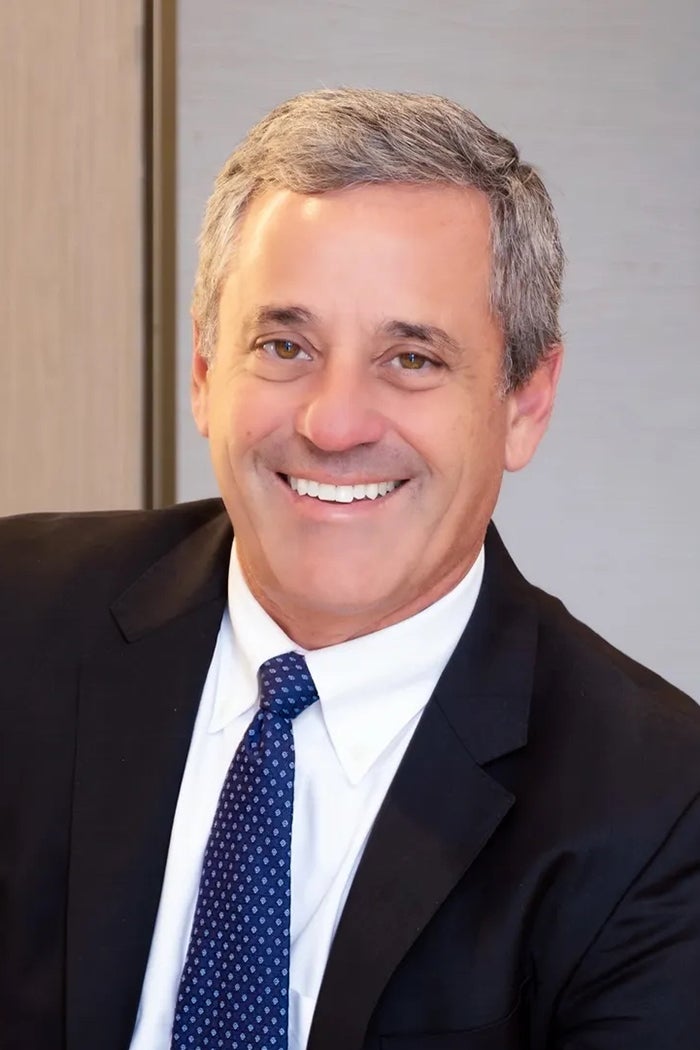
Michael Friedland ’91
A partner at Friedland Cianfrani LLP, has three decades of intellectual property enforcement experience:
“Make the most of the opportunities that HLS offers you. I’m glad I was involved in the Journal of Law & Technology and a few student organizations. I wish I’d been involved in more of them, and I really wish I’d taken advantage of the clinical programs. I got a lot out of my three years, but I could have learned so much more. Also — and this is really important — if you met your spouse at HLS, you should mention it if you’re ever interviewed about your time at HLS, even if none of the questions really call for that information. It was the great fortune of my life to meet my wife, Jennifer [’92], in Austin East on the first day of Law and Econ.”
Want to stay up to date with Harvard Law Today? Sign up for our weekly newsletter.
